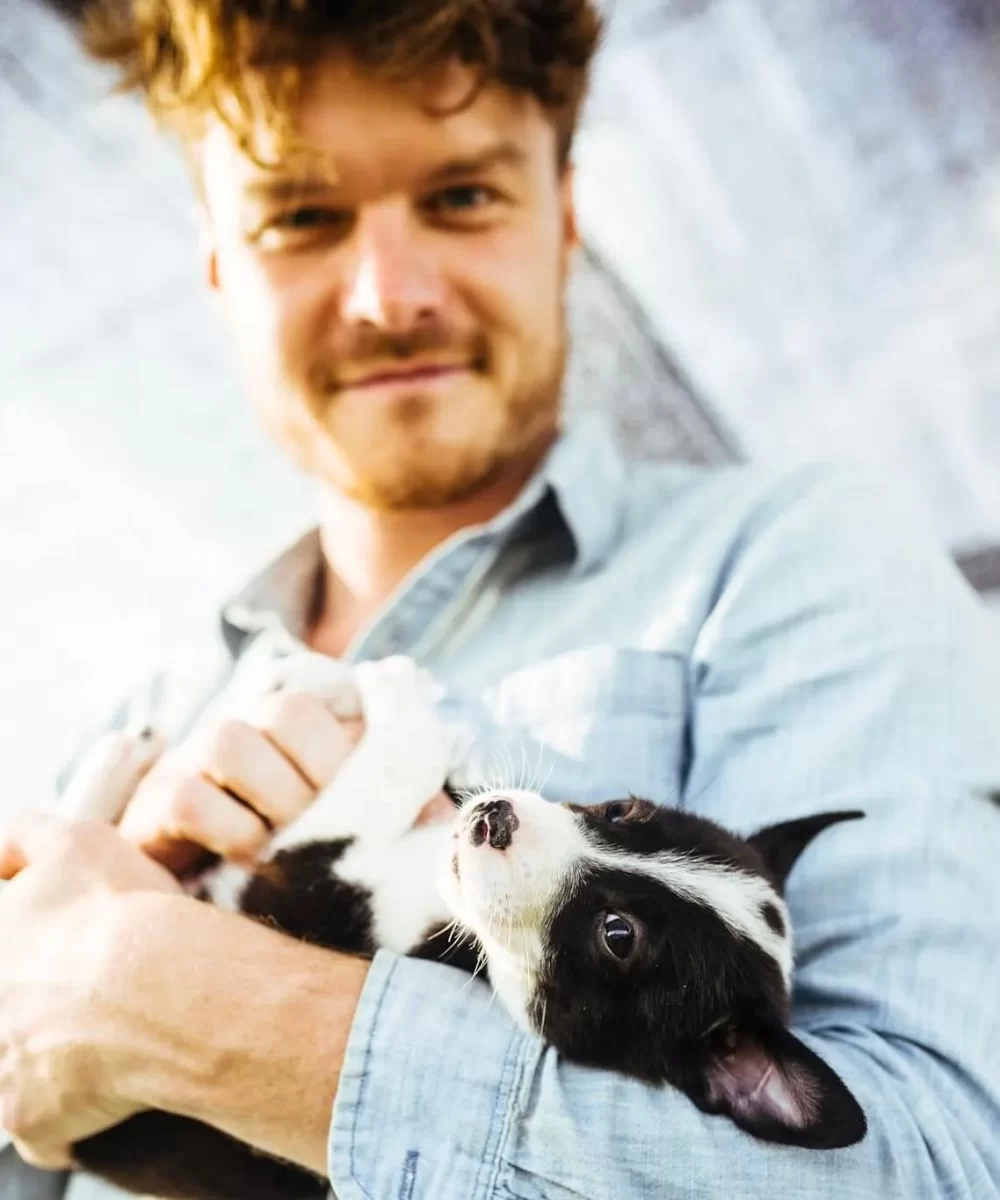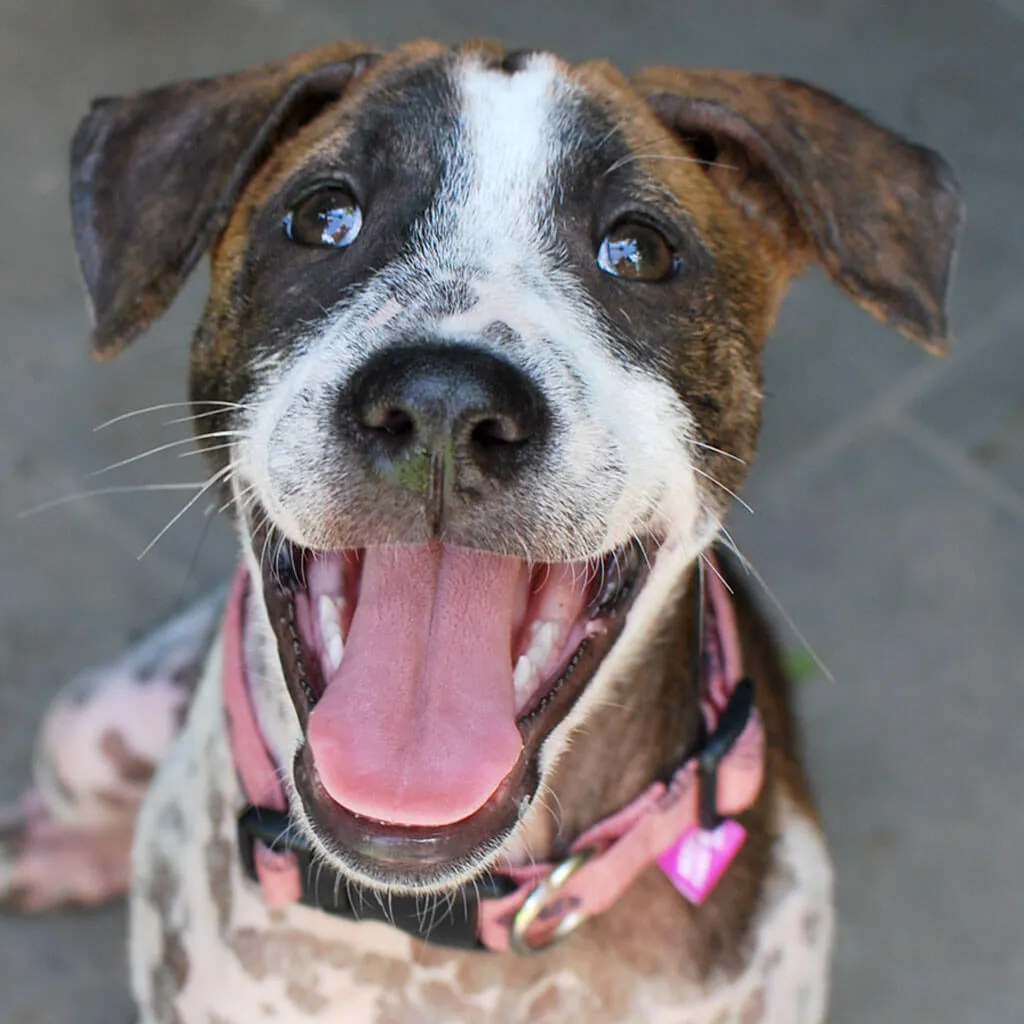

By collaborating and assisting others in rescue efforts, we alleviate the strain on existing operational rescue organisations and extend awareness to a broader audience. Through this expanding network, we can enhance our capacity to save lives and connect animals with new homes, reaching individuals we might never otherwise engage with.
Our Solo Rescuer initiative operates on a straightforward premise. Bali residents are provided education and guidance on effective and humane animal rescue procedures, whether permanent or long-term. We guide them through the necessary steps, offer support in fundraising efforts, and facilitate rehoming whenever feasible.
THIS APPLICATION IS DESIGNED TO HELP EVERYONE UNDERSTAND WHAT IS EXPECTED OF BOTH PARTIES AND HOW WE WILL WORK TOGETHER:
Are you an Aussie? Click here
Are you an American? Click here
Are you from another part of the world? Click here
Keep it short and straightforward. It’s factual but moving. Include photos and videos, and encourage your friends and family to donate using the link to your fundraiser. This is imperative to help us pay the medical bills!
Please tell your personal story about the animal. Your friends and family are more likely to trust you when you are connected to the animal and encourage them to donate. Add your fundraiser link to your Facebook post or Instagram Profile. Make it EASY for people to donate.
Animals in the clinic still recovering or growing their fur usually need a temporary home to rehabilitate. This is called a FOSTER HOME. Once they are healthier and strong, you can look for a forever home, an ADOPTER.
You are required to rehome your rescued pet. Mission Paws’ible will help promote it if/when they can; however, you must also promote your animal via social media groups and other sources (be creative). Click here for some tips and guidelines!
If it is not possible at the time of adoption due to age or another reason, you will be required to follow up with the adopter. This is your responsibility.
Our adoption events are run with volunteers, this includes you. Attending the adoption day is is based on approval from the Mission Paws’ible Team. We don’t accept unvaccinated dogs or dogs that are still healing from skin conditions or wounds, and we do not accept dogs that have not been with Mission Paws’ible since rescue.
It’s only by working TOGETHER that we can save them all!
All new rescues are limited to RP1,500.000 in funding per animal (unless otherwise discussed) to cover their vaccinations and sterilisation (paid directly to the vet). If the animal requires more intensive care, a personal fundraiser must be created to help cover the additional costs (see fundraising above). In these cases, Mission Paws’ible will share the story across their platforms and provide support to help subsidise selected cases, making the rescuers feel part of a larger community.
We partially fund the medical costs based on the physical condition at the time of rescue; this can include complete vaccination, sterilisation (mandatory), and medically required treatments at the clinic. Boarding is only funded for animals needing a registered vet’s daily treatments, such as IV fluids and pre- and post-care for an operation.
Mission Paws’ible will not fund unnecessary boarding costs:
Boarding may be necessary for some animals with common ailments, including scabies or other skin conditions, blood parasites, TVT cancer, etc. However, these animals need not be in a private, expensive clinic. They can be treated in a private home. This is why finding a foster home is imperative. All boarding costs for such cases are the responsibility of the rescuer.
Any procedures that can be done in one day (such as sterilisation) do not require boarding. If you choose post-care boarding for such procedures, the rescuer will pay for it.
During this period, the rescuer is responsible for finding a foster home or adopter, ensuring the animal has a place to move to when the vet recommends discharge. This clear responsibility helps you to understand YOUR role and be accountable in the process.
All costs associated with the rescued animal past the date of recommended discharge will be charged to the rescuer.
Anyone! It’s perfect for ex-pats who may not stay in Bali indefinitely, as well as residents who want to help the animals of Bali. But of course, you need the approval of your landlord and have a fully fenced and secure yard.
Foster caring is a unique experience and different from adopting.
The Foster Carer’s obligation is to provide adequate food, water, safe shelter and kind treatment for the foster dog at all times. It is imperative you have a fully fenced and secure yard, do not use cages or chains or allow free roaming. Mission Paws’ible does not foster dogs to people residing in kosts or guesthouses.
The Foster Carer is not the legal owner of the foster animal but its guardian for a period of time. This period of time is set by you. Following this, the adoption procedure will begin.
Mission Paws’ible ensures animals are healthy or on a successful treatment plan before they are available for foster care; however, we cannot guarantee there are no underlying, dormant or pre-existing issues. You are responsible for monitoring their health and wellbeing, and we provide any necessary support and medical assistance your foster dog requires.
This is a thorough outline of what is required. We don’t mean to sound too strict, but the health and welfare of our rescued animals are paramount. It will also help us both through this process if you can follow the guidelines.
Although training isn’t essential, we believe (and know) it’s a great aspect of fostering as it enhances the dog’s experience of living in a home environment. It gives our dogs a great advantage of adoption over non-fostered dogs.
Toilet training also makes your pup more adoptable (and your life easier!). When they have finished a meal or are awake and begin sniffing, take them to where they are to toilet; when they do so, reward them with a treat and lots of praise. They’ll learn soon enough, so please don’t punish them if they don’t get it right. They need time to learn.
You can also teach them to walk on a lead and accept a collar. Please understand that “sniffing” while walking is how dogs explore their environment and is part of their enjoyment of the journey. Patience is required! Due to Bali’s heat, a few short walks rather than one long walk is recommended.
Please note, only walk your pup in public after they are fully vaccinated (second vaccinations are complete). In Bali, Distemper and Parvoviruses are prevalent, particularly in beach areas. If an infected dog defecates and your pup comes into contact with it, they can contract the virus. Both viruses have no treatment beyond supportive measures such as infusing a drip and assisting the immune system in coping. Our only weapon is vaccination. Parvovirus, in particular, can live off the host for one year given the right conditions. This means a parvo-infected dog’s poo infects that patch of ground for a year.
Mission Paws’ible advocates for a carnivorous diet for their foster dogs.
Nutritious food is paramount for a healthy dog, both inside and out.
Feed twice a day – morning and night. Always have a large bowl of fresh water available.
Mission Paws’ible will provide the following depending on requirement and availability:
At the end of your foster period, please clean and return all items for recycling.
Due to the recent rise in rabies cases across Bali, we urge all current foster carers to be pre-vaccinated for rabies. The World Health Organization (WHO) standard for people is now two injections over a one-week period.
When animals are vaccinated against rabies, it is still possible that exposure may have occurred prior to vaccination. If an animal is incubating rabies, they may develop symptoms at any time. There is no reliable way to test live animals for rabies.
For this reason, please be aware and vigilant about looking for possible signs of rabies in animals under your care.
Rabies is spread through animal bites or transfer of saliva from an infected animal to open wounds, into the eyes, nose or mouth.
Take care to avoid being bitten. Do not let animals lick you on the mouth, in the eyes, in the nose or allow saliva to come into contact with open wounds or broken skin.
The rabies virus does not always present the same symptoms in every animal. If you notice any behaviour out of the ordinary, including any of the following, contact us immediately.
In the event that you are bitten, and your skin is broken, follow WHO protocols as follows:
More detailed information about rabies here: FACT SHEET
Please note that although Mission Paws’ible is responsible for the medical care and vaccinations of the animals, we do not take responsibility for fosters’ own personal vaccinations, nor any potential post-exposure treatment.
By virtually signing below, you acknowledge that you have been informed of the risks and post-exposure protocol and that you agree to take full responsibility for your own vaccinations and any necessary treatment in the event of a bite.
Further information can be found here:
Frequently Asked Questions
ENGLISH
BAHASA INDONESIA

ANZ
BSB: 013396
Account Number: 419686726
SWIFT: ANZBAU3M
ABN: 75628379500
BNI
Account Number: 0982421443
SWIFT: BNINIDJA
AHU-AH.01.06-0040943
BANK OF AMERICA
Account Number: 229059471076
Paper Electronic: 063100277
Wires: 026009593
Routing Number: 063100277
EIN 81-2989148

Join The Ultimate Su’Pawt Squad, our community of monthly donors, and help us continue to save lives.
Mission Paws’ible Charity PTY LTD is a registered Australian Charity with DGR accreditation. All donations over $2 are tax-deductible.